Addressing Quadcopter Failures
Beijing’s Beihang University researchers have made a significant stride in Drone Technology. They are addressing a critical issue in quadcopters, which are commonly used in various fields.
The failure of even one rotor in these four-propeller drones can lead to a loss of stability and inevitable crash. However, this problem might soon be a thing of the past thanks to their innovative research.
Featured photo shows a drone maintaining flight with only a single operational propeller Photo courtesy of Beihang University.
The Challenge of Rotor Failure
The failure of one motor in a quadcopter is a major concern. When this occurs, the drone starts to spin uncontrollably, resembling a gyro. This spinning makes it impossible for the drone to estimate its position, leading to a crash. This issue has been a significant barrier in the reliability and safety of quadcopter operations.
Beihang University’s Innovative Solution
Developing a Groundbreaking Algorithm
Researchers at Beihang University, specializing in aeronautical and astronautical research, have reportedly developed a fault-tolerant control algorithm. This technology is designed to keep the drone flying autonomously, even if up to three rotors fail. The team, led by Professor Quan Quan, has sidestepped the conventional approach of controller switching. Instead, they’ve employed a technique known as “uniform passive fault-tolerant control.”
How It Works
This algorithm enables the onboard computer to control the drone effectively, even as it spins due to rotor failure. Professor Quan likens this algorithm to a skilled table tennis player who can play the entire game single-handedly, a metaphor for the drone’s ability to stay airborne and stable despite multiple rotor failures.
Implications and Future Applications
Successful Outdoor Testing
The research, featured in the international journal IEEE Transactions on Robotics, included successful outdoor experiments. These tests demonstrated the quadcopter’s ability to maintain flight in the event of multiple rotor failures. Ke Chenxu, a Ph.D. student and primary participant in the research, noted that this method could be applied to larger multi-rotor drones.
Broader Impact
The study has significant implications, considering the increasing ubiquity of quadcopters in various domains. This fault-tolerant control method can greatly enhance the safety and reliability of quadrotor flights, impacting everything from emergency services to commercial deliveries.
A Leap Forward in Drone Safety
The breakthrough by Beihang University researchers marks a pivotal moment in drone technology, potentially transforming the way quadcopters are used across numerous industries. This development not only enhances the safety of these devices but also opens up new possibilities for their application in more challenging and critical tasks.

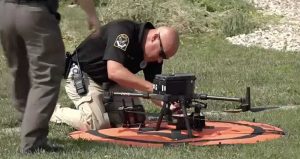

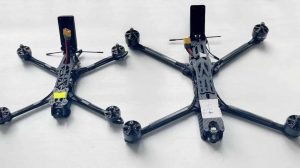
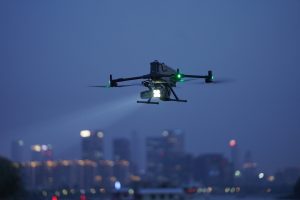


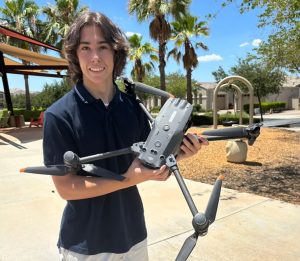
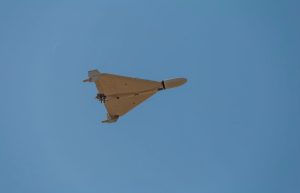
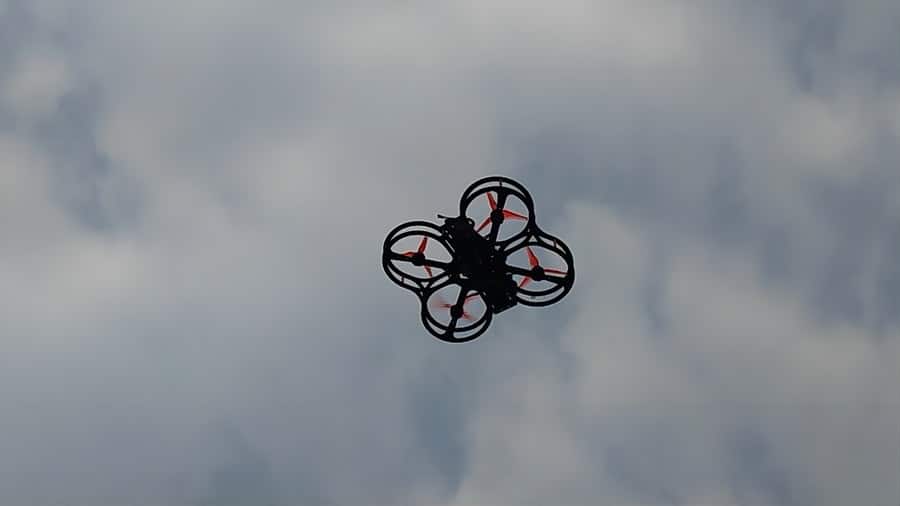


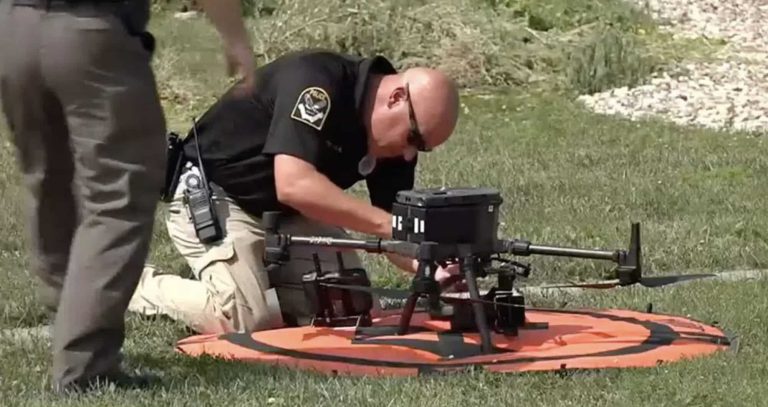



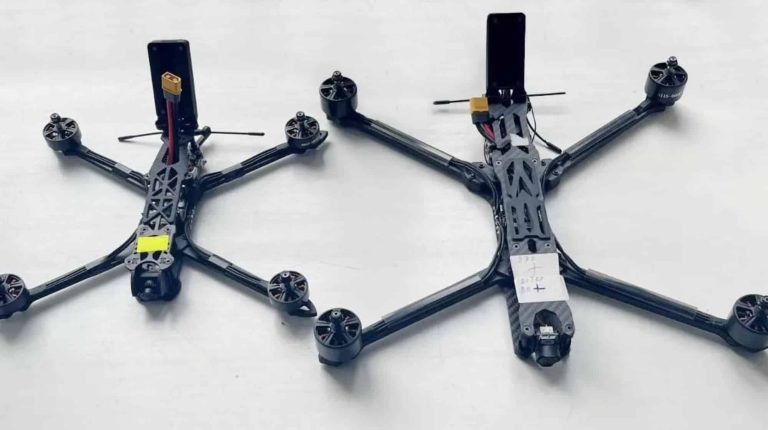
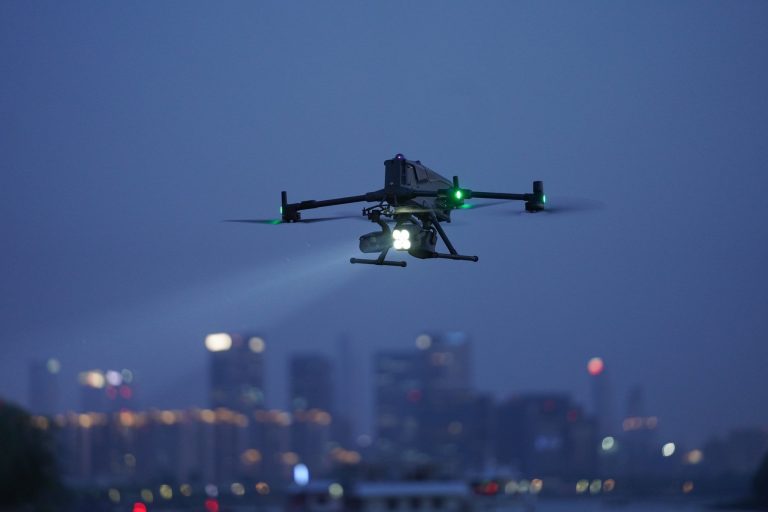

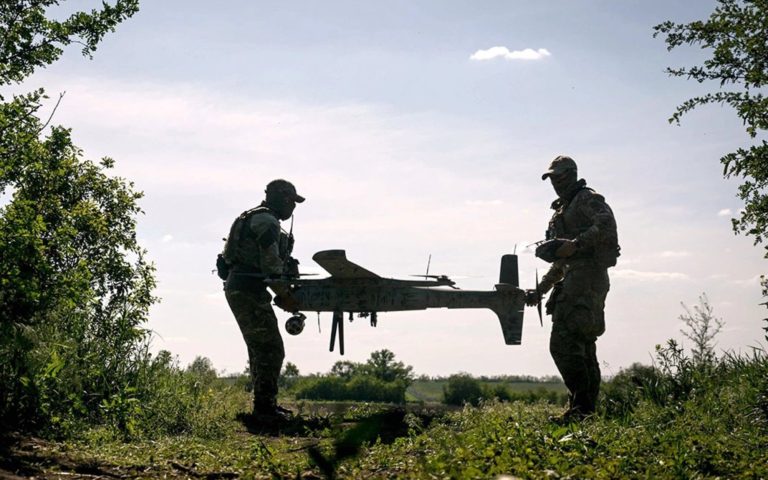
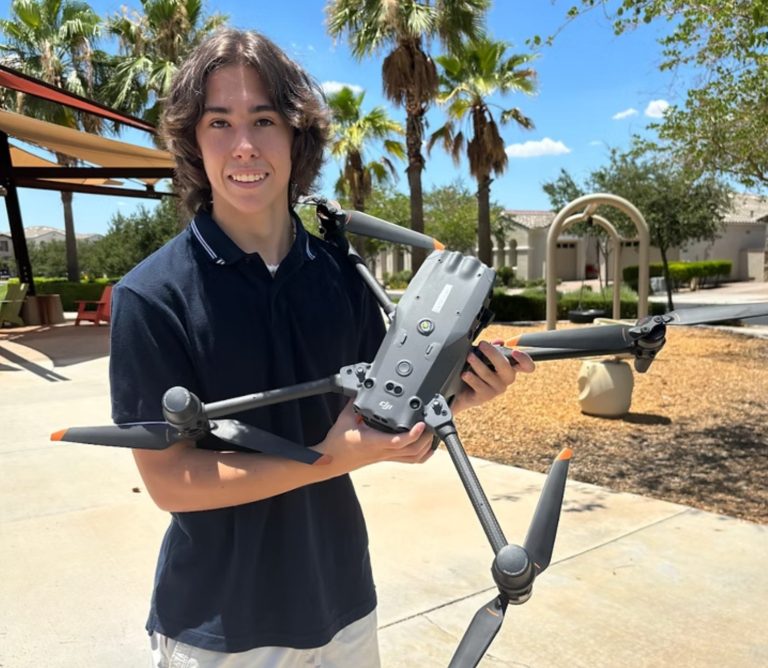
+ There are no comments
Add yours